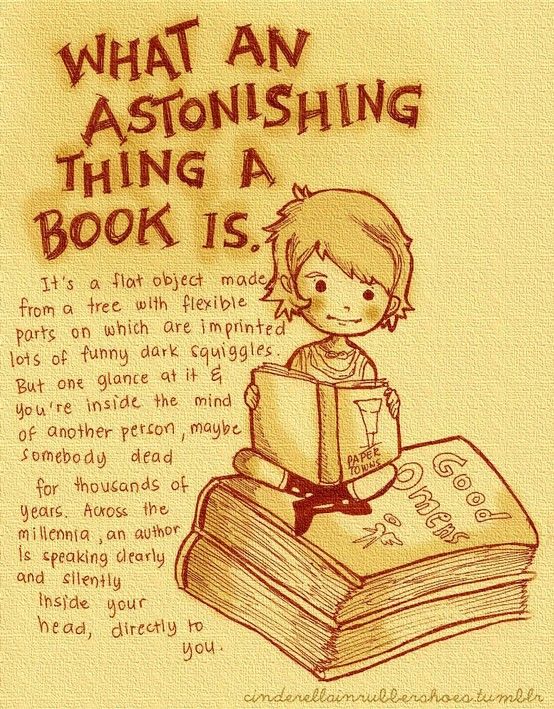AuthorRéné Pallace Archives
July 2022
Categories |
Back to Blog
The Ventilator Conversation3/31/2020 To be brave in these times is hard. Existentially hard. I am grieving. I’m feeling loopy, off balance and adrift in a surreal other world where everything seems inside out. Apparently we can’t save one another so we must avoid one another. This can’t be happening. But it is. I’ve got to make sense of this for me, for you, for us. Wearing my Dad’s belt today is helping. He was the bravest person I’ve known. He loved his life and he saved my mother’s life and cared for her for 23 years. When he died, he giggled his way across. I remember one evening when his dog would not stop barking. A big fat snake had entered his kennel. Dad appeared with his leather to the elbow barbecue gloves and a pitchfork. I got the dog and he went up to the snake, scooped it up and walked to the woods where he heaved it back to where it had come from. I asked him where he learned to do that. He said, “Wall Street.” I’m inclined to adore my heroes. I have faith and this is hard. In Resilience, Eric Greitens coaches “Don’t expect a time in your life when you’ll be free from change, free from struggle, free from worry. To be resilient, you must understand that your objective is not to come to rest, because there is no rest. Your objective is to use what hits you to change your trajectory in a positive direction.” “People tell you, "Don't worry." That's usually friendly advice – and also unhelpful. It's better to tell people, "Worry productively." If you're going to spend time thinking about bad things that might happen, then use that energy for a purpose. Go ahead and visualize the worst that can happen. But instead of wallowing in your worries, imagine how you'll respond to them. Practice. Mentally rehearse what you'll do. Imagine and envision yourself making it through hardship. Your mind is built to prepare for problems. That's more than OK – it's good. The goal of mental rehearsal isn't to fill your head with happy thoughts about the future, but to prepare yourself to succeed in the real world.” “Fear is a core emotion. A life without fear is an unhealthy life.” “Focus not on wiping out your anxiety, but on directing your anxiety to worthy ends. Focus not on reducing your fear, but on building your courage – because, as you take more and more responsibility for your life, you'll need more and more courage.” “Recognition of the tragic character of life is part of what spurs art, energy, comedy, courage. Would you love people the same if they could never die?” Now is THE time for reckoning “all the obnoxious feelings that grief entails” says BJ Miller, MD, of ENDWELL. But I’m hopeful. I’m grieving. You’re grieving. We’re grieving. That is a welcome new reality for me. I’m not alone. And neither are you. We do have choices. Brené Brown urges “Love is the last thing we need to ration right now...and Expectations are just resentments waiting to happen.” I am especially concerned about ventilators and how desperately we apparently need them. “Healthy people think about how they want to die. Sick people think about how they want to live.” Jessica Zitter, MD, MPH. We need to have conversations with our loved ones about how we live and about how we hope to die. It’s time to have The Ventilator Conversation. Candidly. Soberly. Joyfully. While we can. It matters not what we choose- pro, con, or not sure. What is important is that we open ourselves and our loved ones to what what our values are and what we value. We can be productive with our worry and pre plan for the end of our life: our death. “The goal isn’t a good death but a good life all the way through to the end.” ~Atul Gwande, MD. And this is important: “Listen with the same passion that you have for being heard.” ~Harriet Lerner. “Talking about sex will not make you pregnant. Talking about death will not make you die.” Alua Arthur from Going with Grace, practices The Art of Embracing the Unknown starting with ‘What must I do to be at peace with myself so that I may live presently and die gracefully?” Do you remember how to eat an elephant? Little bites. “We can do hard things” Glennon Doyle, one step at a time. Slowly. Oh, and please fall apart. Learning hurts. I know it makes me feel better to get into it, roll around, and notice how it’s already changing me and who I’m becoming. “It’s not what happens when we die that matters but how we live these lives.” ~Eben Alexander, MD. I am especially concerned about ventilators and how desperately we apparently need them. Now is the time to have The Ventilator Conversation. "What The Word Needs Now Is Love" ~Dionne Warwick
0 Comments
Read More
Back to Blog
One year not so long ago, we did a lot of traveling following our Denver then English athlete in the final seasons of her lacrosse career. I carried and read many books on death and dying. My companion read a book titled The Making of The Atomic Bomb. I see now that Carl Sagan has read it and recommends it as “a stirring intellectual adventure...indispensable history of events in which our future depends.” The book weighs 2.15 pounds and is 896 pages long. I don’t think anyone ever asked to sit in the unoccupied seat with us.
I still read voraciously on death and dying. I took many notes reading, Advice for Future Corpses (and for Those Who Love Them): A Practical Perspective on Death and Dying. Author Sallie Tisdale recounts, “the comedian Laurie Kilmartin used Twitter to describe her father’s last days. Her comments were often funny and poignant: “Just promised Dad I’d be nice to Mom. Damnit. “ She noted how hard it was to be appropriate, to say the right thing. “Hospice says to reassure the loved one that they can go, that we will be ok. So me sobbing “Dad, don’t fucking leave me, was frowned upon.” I’ve Seen The End of You: A Neurosurgeon’s Look at Faith, Doubt, and the Things We Think We Know, by W. Lee Warren, MD, writes “losing a child is the most malignant disease I’ve ever encountered in my own life.“ “The most important surgery I would ever perform would be the stitching together of my faith, my doubt, and the things I thought I knew.” “Resuscitation is a nasty endeavor. Because the heart has stopped it is very difficult for the Code Team to start IVs and many patients end up with large IV lines in their necks, groins, or both. CPR breaks ribs. Patients lose continence of their bladders and bowels. They vomit. In the end, even when we bring people back, only a small percentage of those patients survive to the end of the hospitalization; research suggests that only 16% of cancer patients who are saved by CPR are alive 30 days later”. W. Lee Warren, MD is a brain surgeon, inventor, Iraq War veteran “and somehow I’ve been placed in the lives of other bereaved and hurting people, and I have realized in those darkest hours, the knife edge of survival or ultimate loss might be traversable only if one can see, no matter how dim, the light from a torch held by someone a little further down the same path.” “One of the secrets to surviving the difficulties of life is to be honest with yourself about their effect on you.” And the book Anxiety: The Missing Stage of Grief, by Claire Bidwell Smith demonstrates that she has “come to understand that one of the significant reasons anxiety manifests after the death of a loved one is from not allowing ourselves to fully examine the story of our loss.” “I cannot help but look back on all of my experiences of loss, even the most painful moments of it all, with anything but gratitude. Losing the people I loved most in the world and walking through the fire of grief broke me wide open. Grief taught me compassion. Anxiety taught me peace and presence. Loss taught me how to live and love.” I think it’s the stories that empower us to make sense of it all. |
 RSS Feed
RSS Feed

